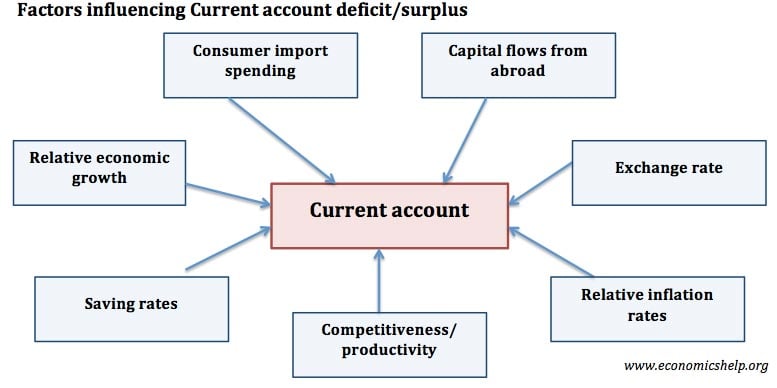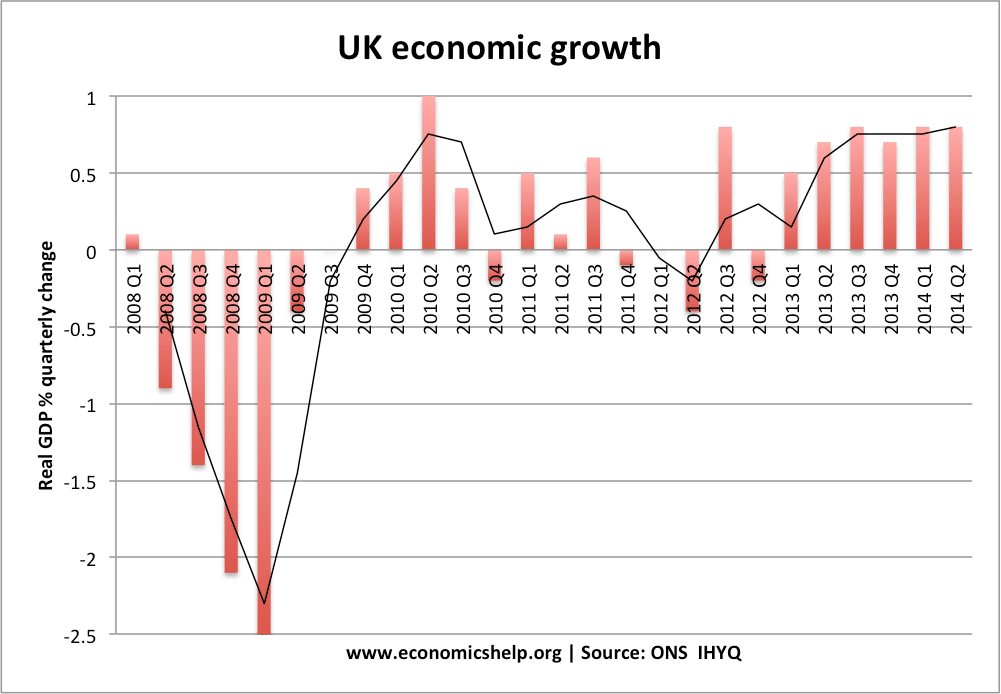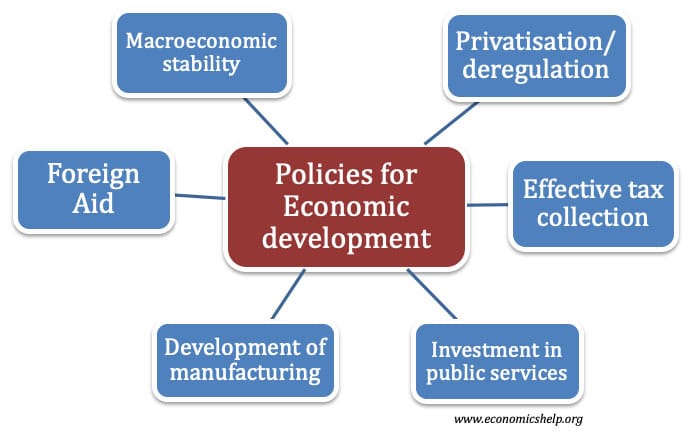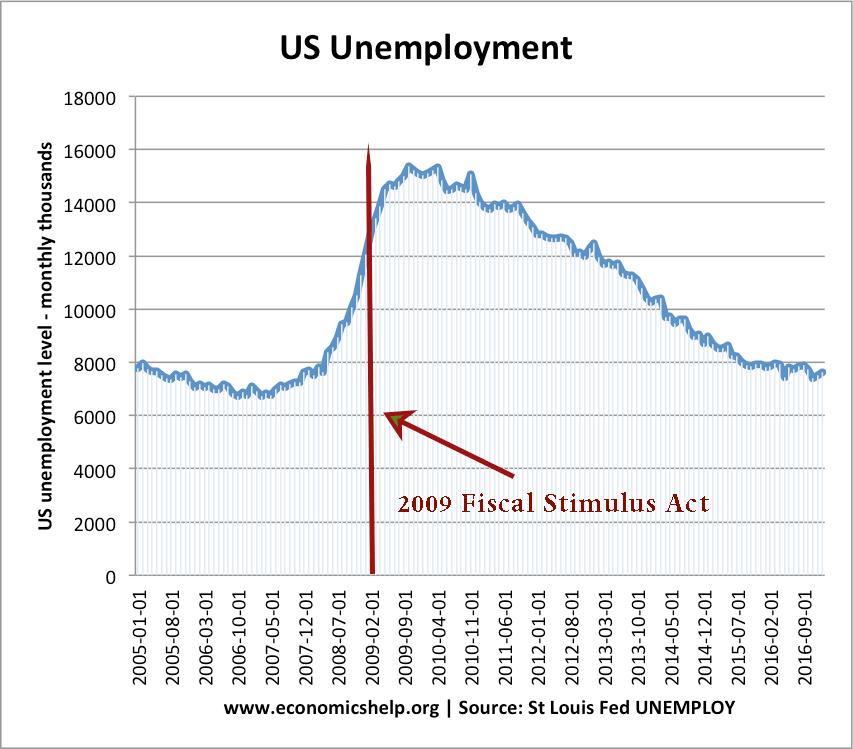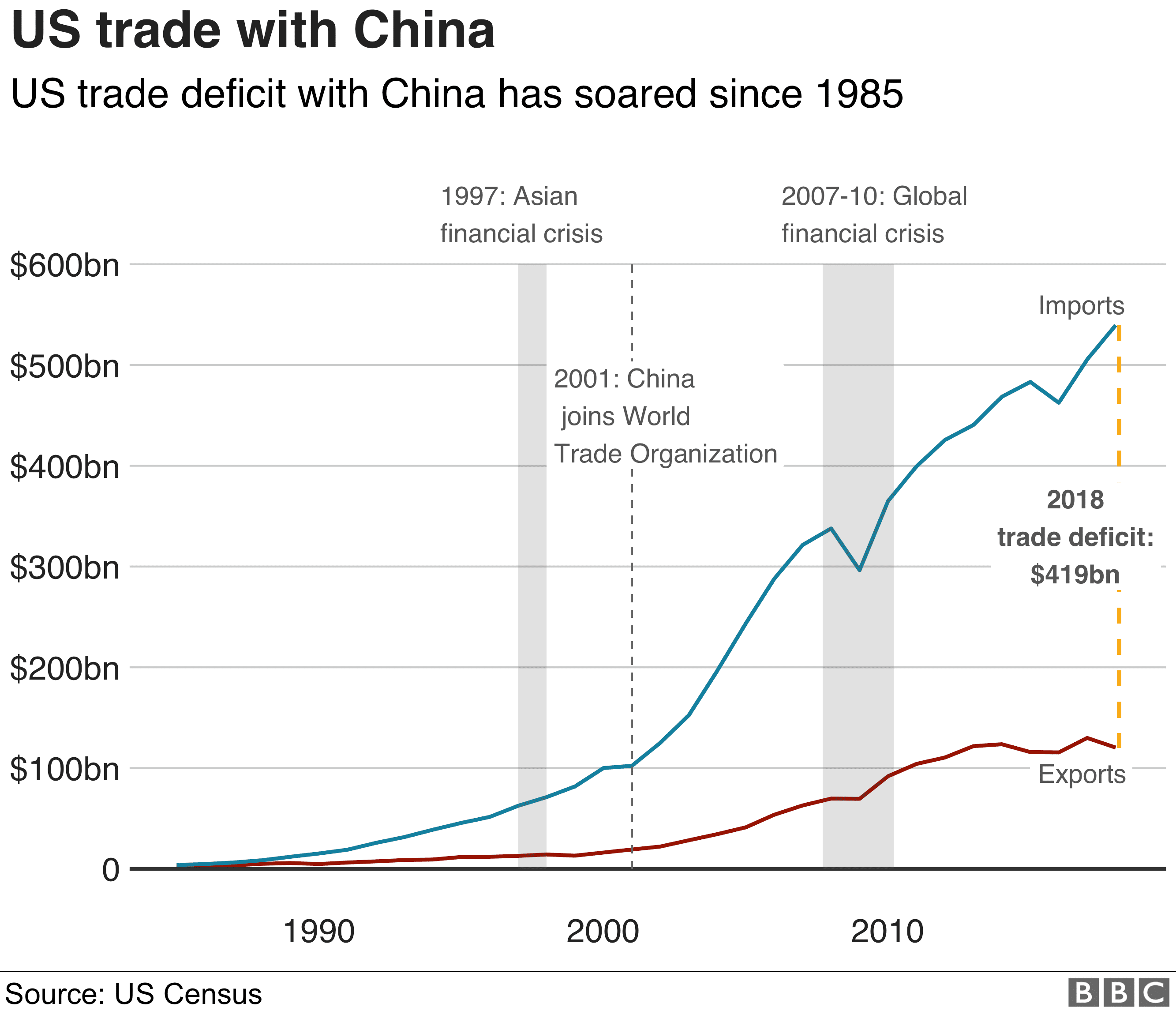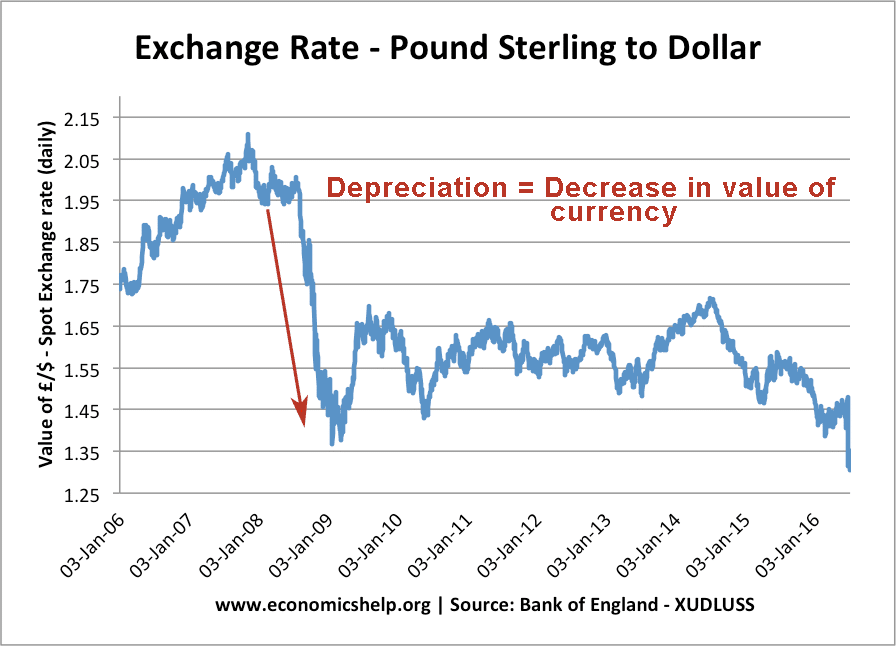Factors affecting Current Account Deficit
The size of current account deficit/surplus is affected by several factors including: Exchange rate (overvalued exchange rate would cause large deficit) Level of consumer spending (economic growth) and hence import spending Capital flows to finance deficit in long-term Saving rates – influencing level of import spending Relative inflation/competitiveness The current account measures: The balance of …

